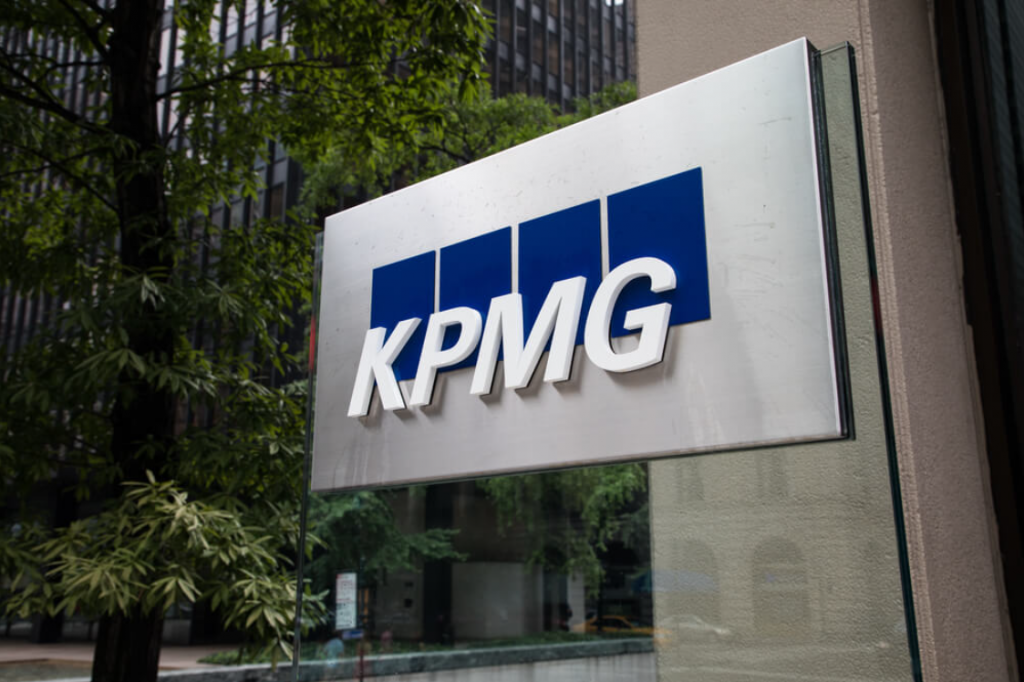MDBA unable to escape potential liability
Doyle’s Farm Produce Pty Ltd v Murray Darling Basin Authority (No 2) [2021] NSWCA 246
The Court of Appeal handed down a significant judgment in a Banton Group-led class action, finding that the Murray Darling Basin Authority (MDBA) and the Commonwealth cannot escape potential liability for the alleged mismanagement of the Murray Darling, by relying on a legal defence in the Civil Liability Act. As a result of the Court of Appeal judgment, the MDBA and the Commonwealth will be held to the same standard as any other person in a negligence case. The farmers will have to prove they did not show a reasonable standard of care rather than the higher standard the MDBA and the Commonwealth said should apply.
This was a significant win for the plaintiffs represented by Banton Group as the Court found that the MDBA and the Commonwealth could not rely on the significant protections it purported to rely on in its defence. Amanda Banton, Managing Partner of Banton Group said, “We are very pleased with the result. It significantly reduces the issues in dispute and those savings should be reflected in considerable cost savings in finalising this matter for group members whom we hope to make significant recoveries for”.
The Banton Group-led class action was launched on 9 April 2020 by Doyle’s Farm Produce, John Doyle, Coobool Downs Pastoral Co, Rodney Dunn and Valerie Dunn on behalf of farmers in Southern New South Wales against the MDBA and the Commonwealth of Australia.
The MDBA is the Commonwealth statutory agency tasked with operating the River Murray system. The MDBA has been subject to great criticism about its operations from Bret Walker SC, the Commission of the Murray-Darling Basin Royal Commission.
Part of the plaintiffs’ case against the MDBA is that they should have ensured that the MDBA’s modelling and water accounting practices were updated to the best available data to include, among other matters, the impact of climate change upon the Basin. Bret Walker SC concluded in the Commission that “The MDBA’s failure to heed the advice of the CSIRO, and to follow the requirements of the law, imposed by the Water Act, has not been explained and cannot be justified. Its reasoning for not incorporating climate change into the determination of ESLTs and SDLs is not defensible”.
Bret Walker SC also raises in his report “the habitual behaviour of the Murray-Darling Basin Authority (MDBA), and to a lesser but alarming extent the CSIRO, is marked by an unfathomable predilection for secrecy”.
The case concerns the MDBA’s decisions to drain the Menindee Lakes in 2016/17 and flood the Barmah-Millewa forest at a time when that water was critical to irrigation farmers for growing their crops. The plaintiffs allege that the MDBA breached their duties to the farmers by undertaking these actions which they argue were not in compliance with operation manuals and standing practices. It is argued that had the MDBA and Commonwealth carried out its river operations in accordance with operation manuals and standing practices the Menindee Lakes would not have been drained and the flooding of the forest would not have occurred resulting in the farmers receiving more water between 2017 and 2019. The farmers are represented by Banton Group.
Jack and Maree Doyle are potato farmers in the Berrigan district of NSW. Rodney and Valerie Dunn are rice and cereal farmers in the Mellool district of NSW. By receiving only half of the water they were entitled to in the 2018 financial year and no water in the 2019 financial year, their irrigated operations suffered a financial loss as their irrigated crops are dependent on water reaching them from the great Murray and Darling rivers which are managed by the MDBA.
Banton Group, on behalf of the plaintiffs, filed an application with the Supreme Court in December 2020 to eliminate one of MDBA and the Commonwealth’s significant defences. The plaintiffs argued that the MDBA and Commonwealth cannot have recourse to Part 5 of the Civil Liability Act as, among other arguments, they are not “public authorities” as defined by the New South Wales Civil Liability Act.
On 13 April 2021, Justice Adamson of the New South Wales Supreme Court heard the application and held that the MDBA and the Commonwealth were not “public authorities” as defined by the Civil Liability Act, rejecting the MDBA and Commonwealth’s attempt to limit their liability. Justice Adamson’s decision was appealed by the MDBA and Commonwealth. The MDBA and Commonwealth’s appeal was dismissed by the Court of Appeal on 12 October 2021.
The Court praised the parties for their ‘high quality’ submissions and found that, while the State of New South Wales plays a part in the operations of the MDBA, that did not make the functions performed by the MDBA ‘public official functions’ of New South Wales when these were physically located in the State.
For more information, please contact:




